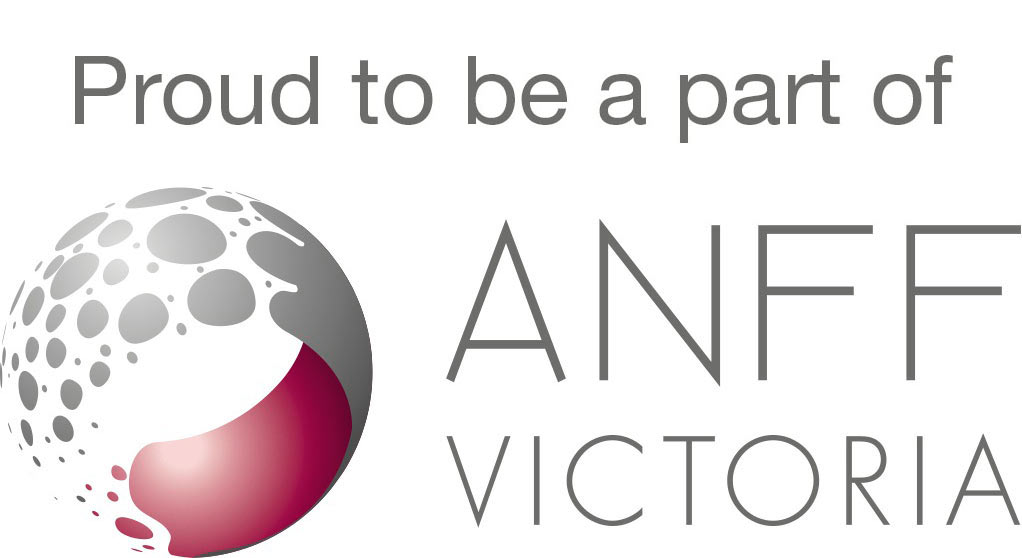Nanofabulous Seminar: Reversible interfaces for stretchable and recyclable electronics

Soft electronic composites retain their electrical conductivity under strain. Hard, conductive filler particles are embedded in a soft, insulating matrix. Strain deforms the filler network and alters the conductive connections between the particles. Tobias will discuss the hierarchical network structure of carbon and metal fillers in printable conductive composites and discuss the role of network geometry and contact resistances. Reversibility at the particle-particle interfaces emerges as a key requirement: only if the particles can re-form electrical contacts over many cycles does the material retain its conductivity. An application from the field of smart automotive parts will illustrate typical requirements on soft conductive materials.
Reversible interfaces aid the recovery of the materials in a product’s lifecycle, too. Electronics and batteries invariably combine different materials, and their reuse or recycling generally involves separating them. Discussion how reversible, functional interfaces can make this economically and ecologically feasible and bring us a step closer to sustainability in electronics.
Prof Dr Tobias Kraus
INM – Leibniz Institute for New Materials
Saarbrücken, Germany
11:00am, 18/11/2022
At the Melbourne Centre for Nanofabrication Boardroom
151 Wellington Road, Clayton, 3168
Zoom link: here
Meeting ID: 839 3750 1277
Passcode: 145263


